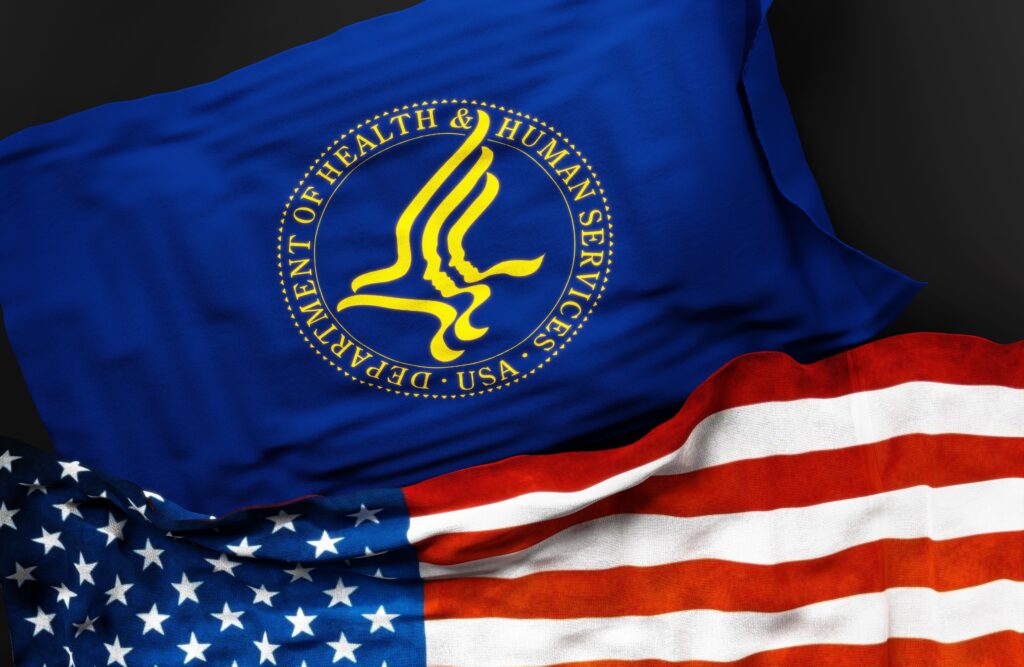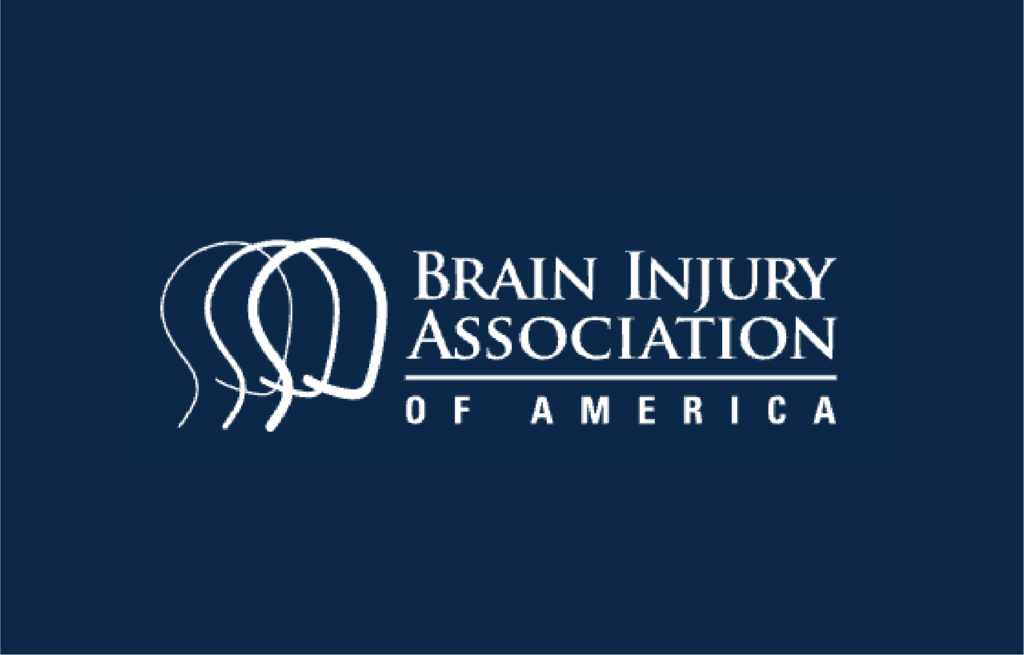

Enhancing Attendee Wellness at Events: Insights from the NHC Event Professionals Affinity Group Meeting
By Racquel Codling, Director, Meetings & Events
Conferences and other events can be intense and demanding, leading to stress and burnout for attendees. However, incorporating wellness activities can help mitigate these effects, ensuring attendees feel energized, rejuvenated, and engaged. On March 26, the National Health Council (NHC) Event Professionals Affinity Group met to discuss the importance of supporting attendees’ health and wellness at events and share strategies for improving attendee experiences.
When attendees feel well and supported, they are more likely to be engaged and actively participate in events. This can lead to more meaningful interactions, better networking opportunities, and a richer exchange of ideas. Additionally, events that prioritize wellness are often viewed more favorably, enhancing the event’s reputation and fostering long-term loyalty among participants. Attendees are likely to remember and appreciate events that made them feel cared for, which can lead to positive word-of-mouth and repeat attendance.
During the Event Professionals Affinity Group meeting, 14 participants from a wide range of NHC member organizations shared their practical strategies for incorporating and supporting attendees’ health and wellness at their events:
Virtual Events:
- Mindful meditation sessions to help attendees decompress.
- Online communities for attendees to connect and share their experiences.
In-person Events:
- Support for participants with rare diseases by including a nurse’s station, a nap nook, and a legend system for event stress levels.
- Health and wellness activities such as yoga, fun walk, fitness class, and sound bath meditation.
- Attention to dietary needs to ensure attendees feel supported.
- Healthy eating options including nutritious meals and snacks that can support physical well-being.
- Safety and information in new cities by providing a list of emergency care services.
- Utilizing outdoor spaces for conference activities.
- Selecting hotels with natural light in meeting spaces. Utilizing hotel’s outdoor spaces for meal functions and networking activities.
- Schedule programming sessions to be 30 or 45 minutes long to accommodate attendees’ attention spans.
- Breaks after every session to allow attendees to reset and decompress.
- Accessibility tools on event sites and transitioning from PDF to Word documents for meeting agendas.
- Using word forms and providing verbal descriptions of event space.
- Color-coded lanyards to identify attendees’ different needs.
- Fragrance-free areas.
- Crisis management plans for staff.
- Providing a kids’ corner for events that welcome children.
- Caregiver retreat rooms and playrooms for children with Tourette syndrome.
- Onsite medical staff (nurse, neurologist, epileptologist, etc.).
- Seizure action plans for onsite events.
By integrating these wellness strategies, event planners can create a more engaging, memorable, and supportive environment for all attendees. The insights shared at the NHC Event Professionals Affinity Group meeting highlight the growing recognition of the importance of attendee health and wellness and offer practical solutions for enhancing it at future events.
The next Event Professionals Affinity Group meeting will be held in-person at NHC headquarters on June 26th. A virtual participation option will also be available. Don’t miss out—register now!


